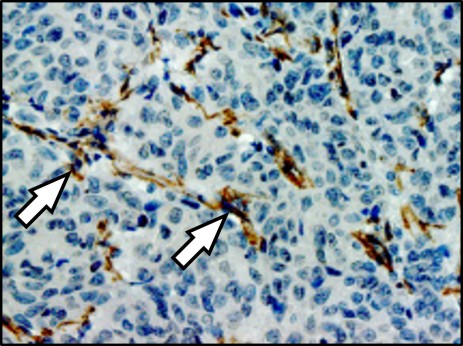
In order to colonize other organs and grow into metastases, tumor cells that detach from the parent tumor need to manipulate their new microenvironment and create a 'metastatic niche'. Maren Pein and colleagues from the Oskarsson lab within HI-STEM and DKFZ have now discovered that disseminated breast cancer cells evoke phenotypic changes in lung fibroblasts to promote metastasis. This discovery, which is based on a collaboration with clinical partners at the National Center for Tumor Diseases (NCT) and the University Hospital in Heidelberg, plays a key role in better understanding how these dangerous metastases arise.
Read more:
- Original Paper: Pein, M., Insua-Rodríguez, J., Hongu, T., Riedel, A., Meier, J., Wiedmann, L., Decker, K., Essers, M. A. G., Sinn, H. P., Spaich, S., Sutterlin, M., Schneeweiss, A., Trumpp, A. and Oskarsson, T. (2020). Metastasis-initiating cells induce and exploit a fibroblast niche to fuel malignant colonization of the lungs. Nature Communications, 11(1), 1494. DOI: 10.1038/s41467-020-15188-x
- DKFZ Press Release | German Version
- Feature in at Ärzteblatt.de: https://www.aerzteblatt.de/nachrichten/111618/Strategien-von-Tumorzellen-zur-Metastasenbildung
